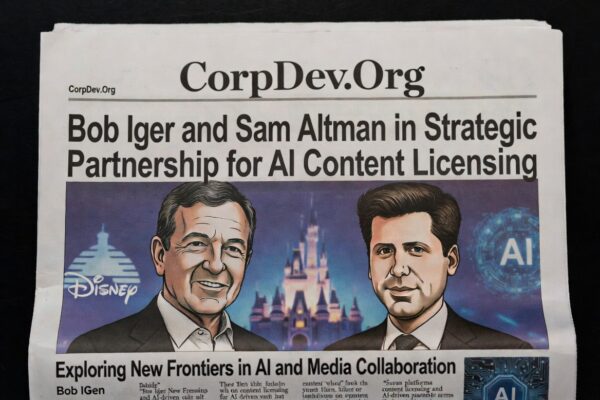- Strategic Acquisition: AbbVie’s $1.4 billion acquisition of Aliada Therapeutics signals a significant bet on Alzheimer’s disease treatment, bolstering its pipeline with a Phase I anti-amyloid antibody, ALIA-1758.
- Blood-Brain Barrier Technology: The deal grants AbbVie access to Aliada’s Modular Delivery (MODEL) platform, engineered for efficient blood-brain barrier transport, addressing a key challenge in Alzheimer’s drug delivery.
- Neuroscience Focus: Roopal Thakkar, EVP of R&D at AbbVie, highlighted neuroscience as a key growth area, positioning ALIA-1758 as a potentially best-in-class, disease-modifying therapy for Alzheimer’s.
- Amyloid Beta Validation: Recent approvals of therapies like Biogen/Eisai’s Leqembi and Eli Lilly’s Kisunla have validated the amyloid beta approach, driving interest in Alzheimer’s research.
- Competitive Landscape: Competitors like Eli Lilly, Biogen, and Roche are actively pursuing innovative Alzheimer’s treatments, with Roche’s acquisition of Spark Therapeutics advancing gene therapies.
- Strategic Precedents: AbbVie’s acquisition of Syndesi Therapeutics in 2022 and collaboration with Alector Therapeutics demonstrate its commitment to neuroscience and neurological disorders.
- Financial Implications: The $1.4 billion investment carries significant ROI potential given the growing Alzheimer’s market, though regulatory challenges and development risks remain.
- Regulatory Hurdles: Navigating stringent FDA and EMA guidelines for Alzheimer’s treatments will be crucial for the acquired company’s products, particularly ALIA-1758.
- Portfolio Impact: By integrating Aliada’s technology, AbbVie aims to accelerate the development of next-generation neurological therapies, potentially leading to breakthroughs in Alzheimer’s treatment.
- Future Outlook: This acquisition positions AbbVie to drive innovation in neuroscience and address critical unmet needs in neurological diseases, offering new hope for effective Alzheimer’s disease-modifying therapies.
AbbVie’s $1.4B Alzheimer’s Bet: Game Changer or Risky Gamble?





